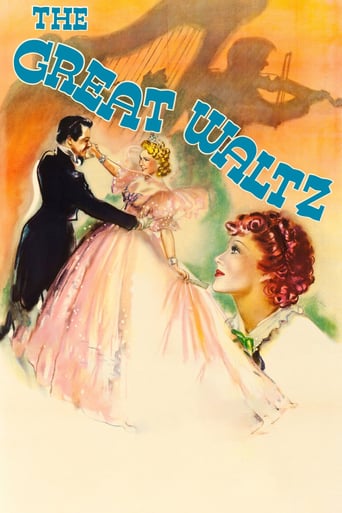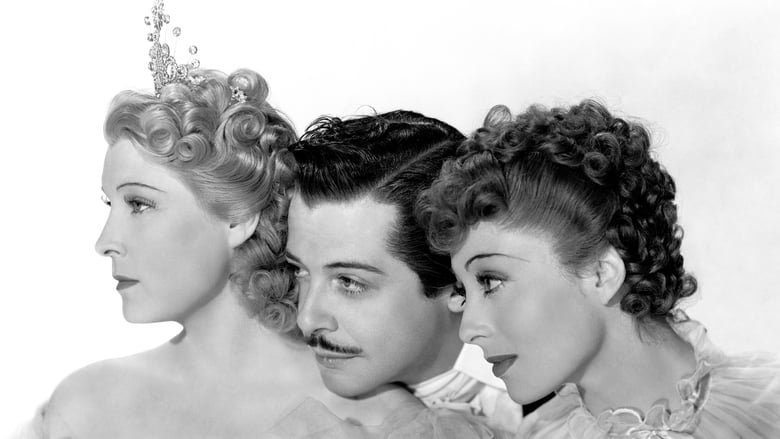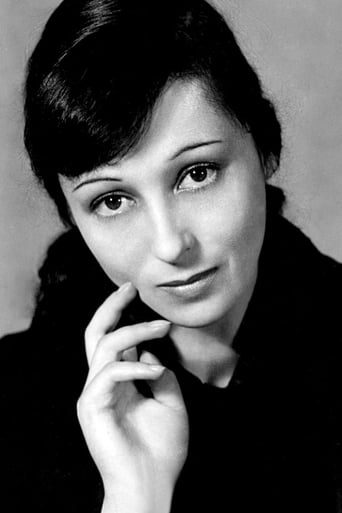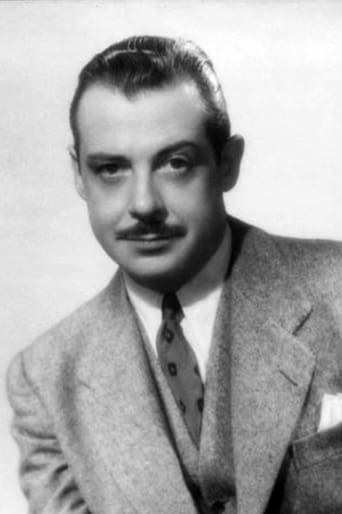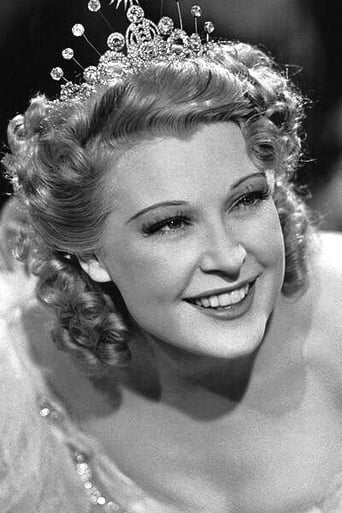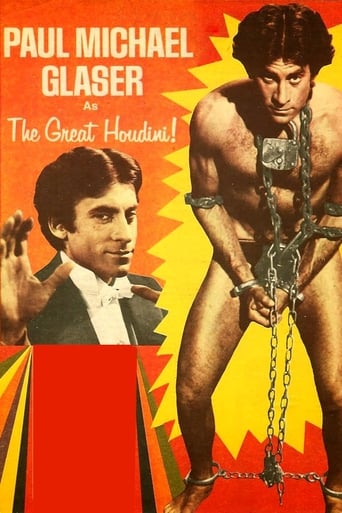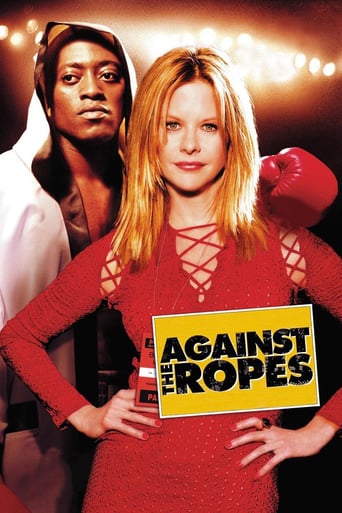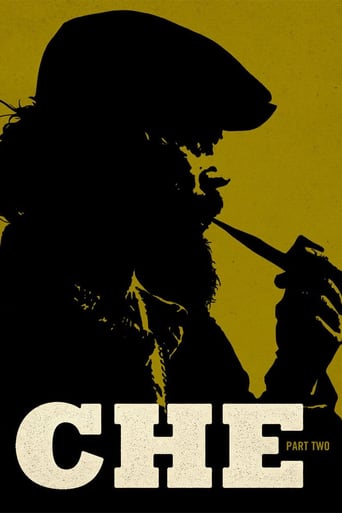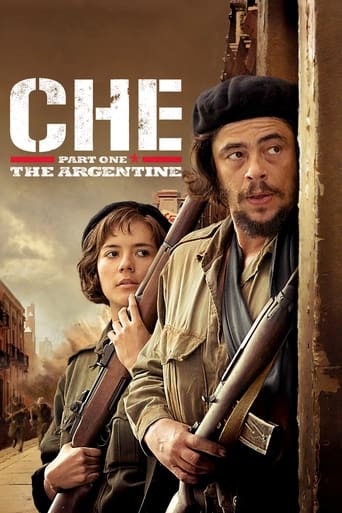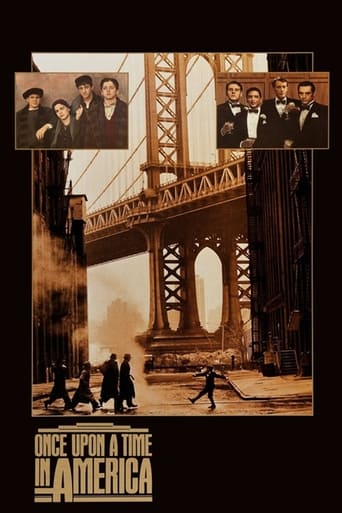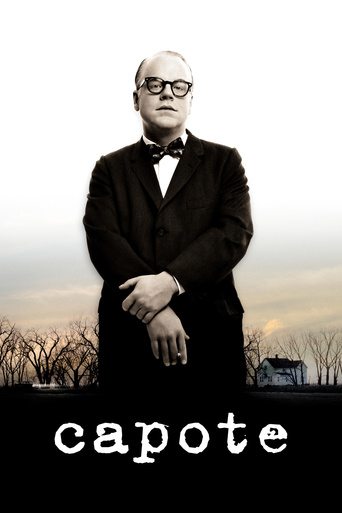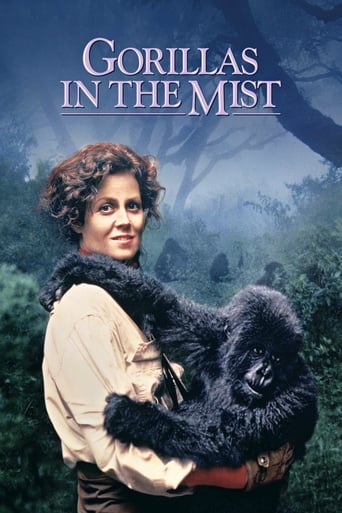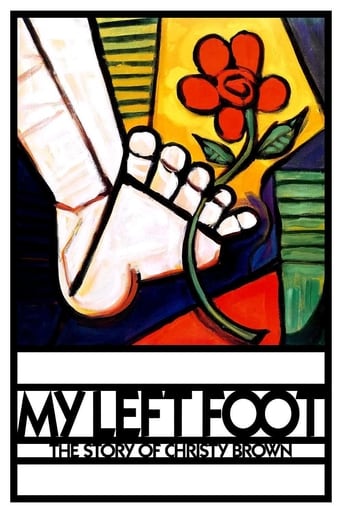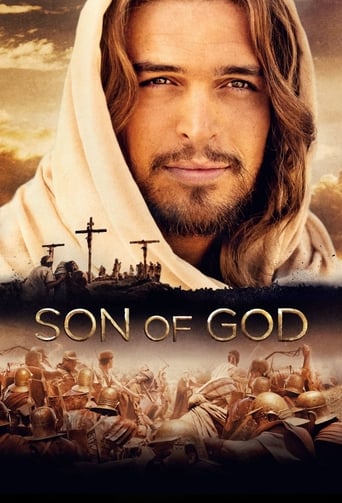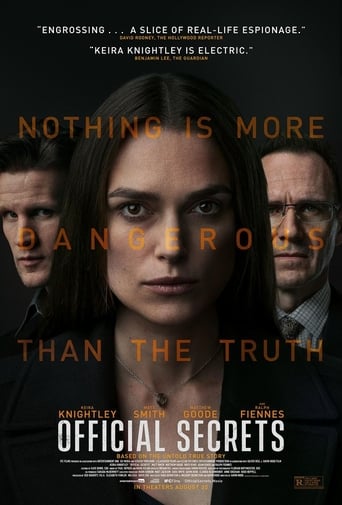The Great Waltz (1938)
Composer Johann Strauss risks his marriage over his infatuation with a beautiful singer.
Watch Trailer
Free Trial Channels
Cast


Similar titles
Reviews
Waste of Money.
Really Surprised!
It's not great by any means, but it's a pretty good movie that didn't leave me filled with regret for investing time in it.
Close shines in drama with strong language, adult themes.
Directed by Julien Duvivier, with a screenplay by Samuel Hoffenstein and Walter Reisch that was based on a story by Gottfried Reinhardt, this fictionalized biography-drama of Vienna's Johann 'Schani' Strauss II features Fernand Gravet (aka Gravey) as the prolific composer, who is perhaps best known for his waltz The Blue Danube aka "On the Beautiful Blue Danube".Several of Strauss's compositions, waltzes and operas, were given lyrics by Oscar Hammerstein II for Gravet and/or Miliza Korjus as opera singer Carla Donner, from Budapest, to perform. The operatic Korjus earned a Best Supporting Actress Academy Award nomination for her film debut which was also (effectively) her only movie role. Luise Rainer plays Strauss's delicate yet not too fragile wife Poldi (née Vogelhuber); she apparently tolerated her husband's indiscretions like his affair with Carla, depicted in this film. Cinematographer Joseph Ruttenberg won his first Oscar (on his first nomination) for his swirling camera work and Tom Held's Editing was also nominated.Quirky Hugh Herbert plays Strauss's music publisher Julius Hofbauer, Lionel Atwill plays Count Anton 'Tony' Hohenfried who covets Carla, Leonid Kinskey plays Dudelman, Herman Bing plays the proprietor Otto Dommayer who first gave Strauss a chance to play his music in public, Alma Kruger plays Strauss's mother (Poldi's understanding mother-in-law), Henry Hull plays Franz Josef, who would become Emperor of Austria after the uprising during which this film's story shows he'd encountered Strauss, Sig Rumann plays the banker who fires the future composer at the beginning of the story, and Christian Rub plays the coachman who (in this movie, at least) helped Johann and Carla compose the recognizable "Tales from the Vienna Woods", also during the Austrian revolution.
With the very intentions of the director, Julien Duvivier, and his crew attempting to dramatize Strauss' spirit rather than facts from his life, it appears to be no surprise to notice how deeply THE GREAT WALTZ is rooted in the convention of the 1930s. If you await some biographical outline, some educational content, forget it. Simply the movie excludes such expectations from the very beginning. But is it something that we could totally contrast with Marvin J Chomsky's wonderful STRAUSS DYNASTY? THE GREAT WALTZ is a fairy tale, dreamlike movie where music bursts out in unforgettable enthusiasm, love is in the air of peaceful Vienna Woods, a little saccharine charm accompanies the elaborate images and in its center is...Johann Strauss Jr called Schani. Unreal and too elegant as it may seem, Strauss is, after all, a Viennese composer. Let me focus on the protagonist. But is it Schani Strauss, a waltz or rather both inseparably that constitute the movie's charm?Depicted by Fernand Gravey, Schani does not clearly deliver the revolutionary aspect of his personality and his music. Obviously there is no single mention of the conflict with his father, Johann Strauss Sr (known mostly for his Radetzky March), there is no depiction of his hard way to becoming a self made composer. Fired by the banker Wertheimer, Schani feels free because he is not to make money but glorious music. But all this makes him a more 'romantic,' so to say, hero. Combined with the context of 1848, he is not a sort of pacifist (as it was far the case of these movies) but a musician full of zeal of leading people to the world of his music, the charm of his waltzes. In this way, Strauss and his music are inseparable. Interestingly, the action takes place at the beginning of his career. And yet, we hear all of his waltzes from THE BLUE DANUBE to KAISERWALTZ. The movie is, therefore, separated from historical chronology but everyone stops to care about that. We like that because Strauss is far from any realism in portrayal and far from saccharine idealization...somewhere in between...where could that be better achieved if not with women at his side? Luise Rainer as Poldi, Schani's wife, is placed in contradictory character-depiction with Carla Donner played by Miliza Korjus, an actress of partly Polish ancestry. Both women differ considerably but both constitute inspiration for Schani. While singer Carla Donner (with some magnificent moments of her songs) reveals extravaganza, Poldi strikes us with considerable naiveness. 'You told me you love me' seems to evoke above all in her attitude. In rivalry, perhaps, and moments of concord and acceptance, they both will have to face each other in the most unpredictable situations. Among scenes that Miliza Korjus and Fernand Gravey share together, a mention must be made of Wienerwald scene (scene in Vienna Woods) and the spontaneous, charming composition of the famous waltz. The Coachman, foremost, provides great touches of humor inevitable in a movie of this sort.With the visual aesthetics of the movie come the elaborate sets, very beautiful choreography and exquisite gowns by Adrian (known for Garbo movies). Subtle scenes of growing enthusiasm whilst composing blend with public events, the most important of which appears to be the debut performance at Dommayer's.The finale is, however, something that appears to be quintessential for what Johann Strauss' music has meant to Vienna for all these years. Partly humorous and partly serious, but above all, a jubilant conclusion in the tribute to the King of Waltz and his meeting with the emperor remain in the memory for long. But if you have not seen it yet? You indeed have something to look forward to...a beautiful movie ahead of you.
Beautiful music interwoven throughout a standard script. The Vienesse Teardrop does well enough in her stock role of the long suffering put upon wife and as always she cries beautifully but Fernand Gravey is flat in the lead. The kind of picture where Strauss can compose Tales from the Vienna Woods just by taking a carriage ride through them with Miliza Korjus happily trilling away and suddenly without any struggle whatsoever have the whole thing ready for a performance at the end of said ride! A great deal of Strauss' music is here so that is a tremendous inducement but there is also quite a bit of operatic singing, if that's your cup of tea great, all others beware.
If it weren't for the fact that The Great Waltz was made at the MGM lot it would have qualified as a foreign film. The three stars were all imports as was the director Julian Duvivier and a great deal of the cast are also foreign born. Nevertheless the cast spoke perfect if accented English. Of course Herman Bing's accent as the proprietor of Dannmeyer's Cafe where the music of Johann Strauss gained its first audience and popularity. But with Fernand Gravey as Johann Strauss you'd never know he was Belgian born and a star of the French cinema of first rank.This is far from the story of Johann Strauss, II. In fact that story would have been really interesting, but instead we got Viennese frou-frou laden with Strauss music. Luise Rainer is Mrs. Strauss, the first one actually, he married again much after the action of this film is done. The film really could be called Strauss, The Early Years. Young Strauss is looking to make good in music like Dad who really disapproves of his son following in the profession. But Rainer supports him all the way, even when he gets himself involved with opera singer and vixen Miliza Korjus.If you think you've seen Rainer in this situation before, you have. Both of her Oscar winning performances in The Good Earth and The Great Ziegfeld involved Rainer as the wronged wife. She did the part well, no one could register hurt on the screen like she could with just a look, but I think she was getting into a typecasting rut. It might have been part of the reason that she left MGM after one more film and Hollywood in general after another film at another studio.As for Miliza Korjus it was well known that Louis B. Mayer never met a soprano he didn't like. I'm betting he signed her to keep Jeanette MacDonald in line. But after this film with plans for another on the boards she got involved in a serious automobile accident and after she recovered she just went back to the concert stage. Fernand Gravey only made a few films in America, he went back to France after this one and just in time to be caught up in the Nazi occupation.To give Korjus some music to sing the Strauss music was given lyrics by the best man around to do that, Oscar Hammerstein, II. The Great Waltz got an Oscar for cinematography and nominations for editing and for Best Supporting Actress for Miliza Korjus. Truth be told she seemed to have just as much screen time as Rainer.But of course the main attraction of The Great Waltz is the music of Johann Strauss. Good enough reason to see this movie.

